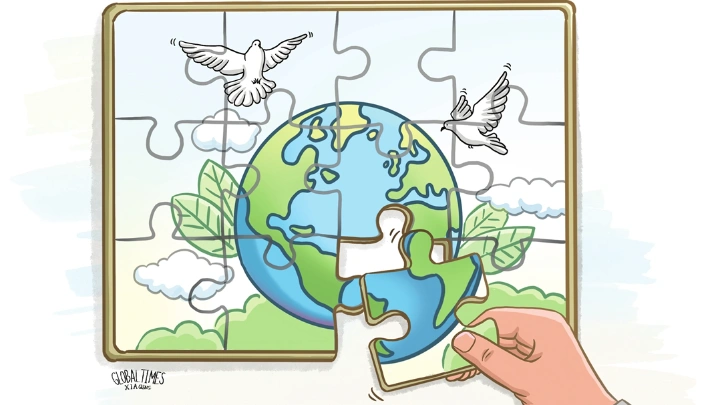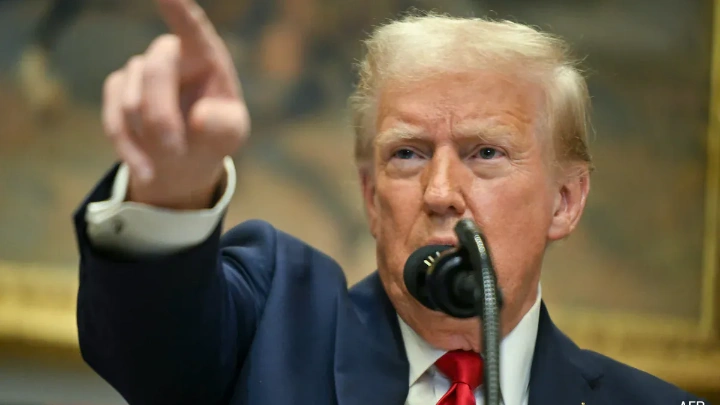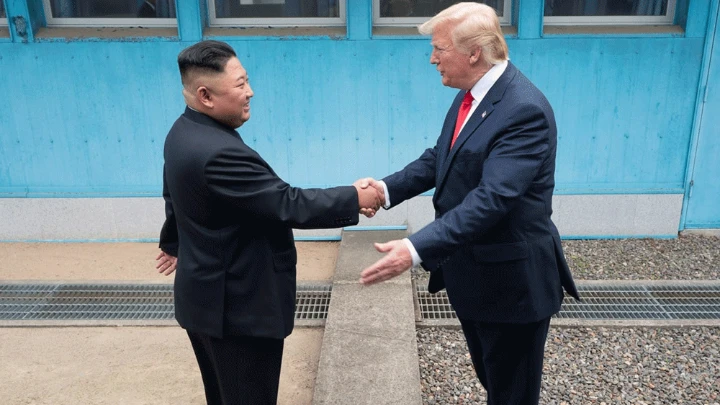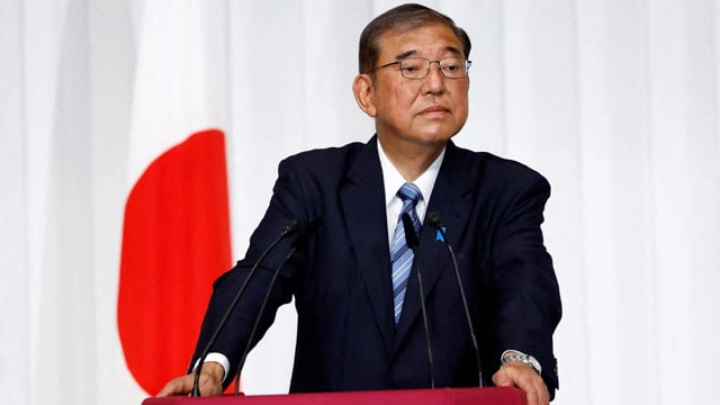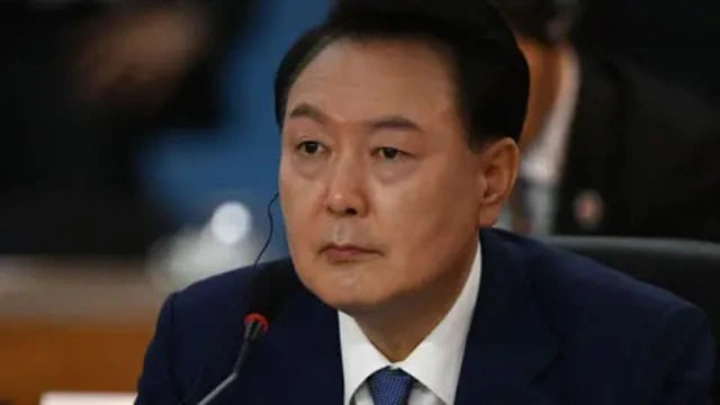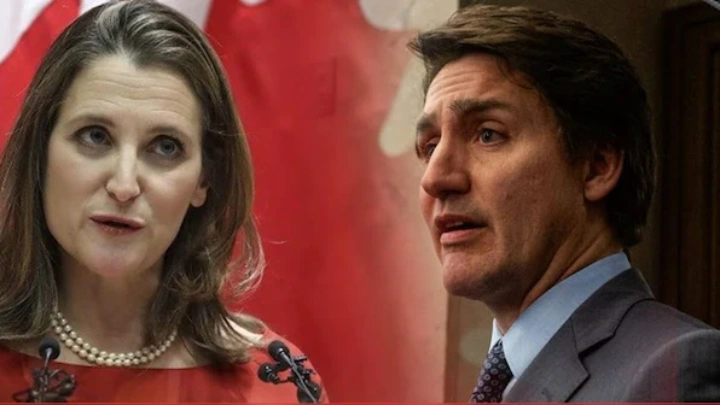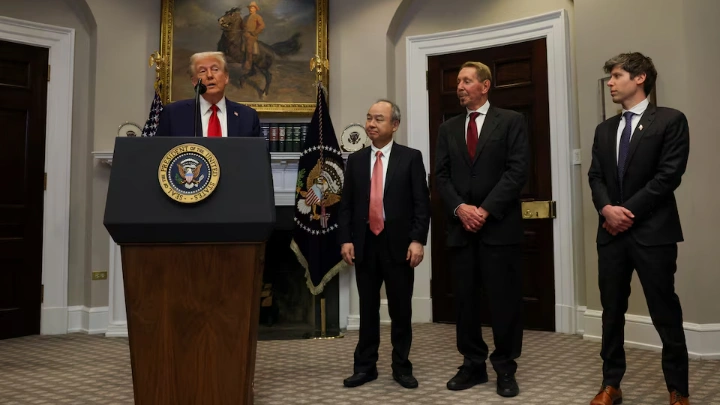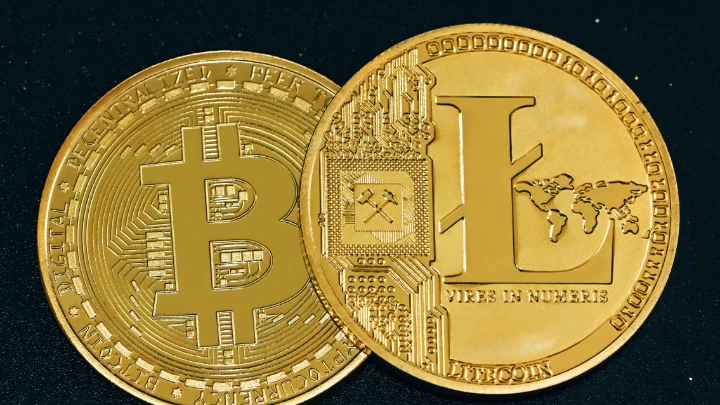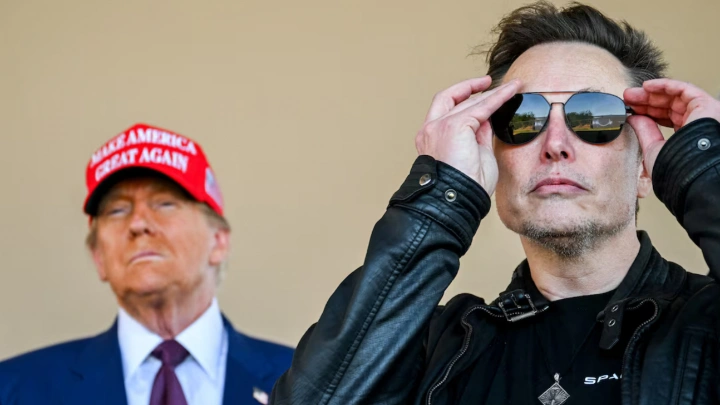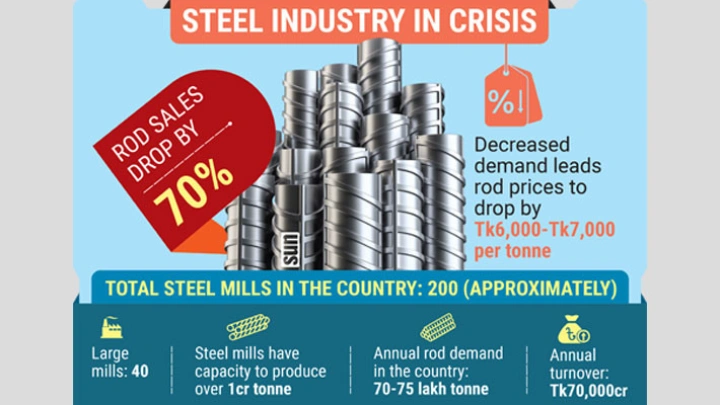Whirlwind diplomacy indicates win-win cooperation with Global South
China to host high-level visits from two Pacific Island countries, Bangladesh
GlobalTimes || Shining BD
At the very beginning of second half of the year of 2024, China is set to host another round of whirlwind diplomacy with visits including leaders from Pacific Island countries (PICs) Vanuatu and Solomon Islands, and South Asian country of Bangladesh.
At the invitation of Premier Li Qiang of the State Council, Prime Minister Charlot Salwai of the Republic of Vanuatu will pay an official visit to China from July 7 to 12, Prime Minister Jeremiah Manele of Solomon Islands will pay an official visit to China from July 9 to 15, while Prime Minister Sheikh Hasina of the People's Republic of Bangladesh will pay an official visit to China from July 8 to 10, according to the Chinese foreign ministry announcement.
Observers from both home and abroad hailed the intensive visits as a proof of fruitful achievements stemming from win-win cooperation between China and Global South, defying Western attacks. The upcoming visits and high-level talks will further tap into the potential for deeper cooperation.
The visits by leaders from two PICs and a South Asian country will demonstrate to the West the reality of mutual respect, understanding and support, in sharp contrast to the West's obsolete Cold War mentality as well as its camp confrontation way of thinking, Li Haidong, a professor from the China Foreign Affairs University, told the Global Times on Sunday.
The diplomatic engagements also serve as a strong rebuttal to the bullying tactics employed by the West in an attempt to smear or hinder the development efforts of emerging economies, Qian Feng, director of the research department at the National Strategy Institute at Tsinghua University, told the Global Times on Sunday.
Groundless accusation
The Australian Broadcasting Corporation (ABC) ran a report on July 1, citing the new Pacific Islands Forum secretary general and former Nauru president Baron Waqa by saying that it will be "hard" for the region to deal with China if Beijing behaves aggressively, or disregards the sovereignty of smaller island countries.
The report accused that China is pressing three countries in the region remaining so-called allies of the island of Taiwan to switch to recognition to China and quoted the new Pacific Island top diplomat who said that the right of sovereignty should be protected.
Qian refuted the groundless accusation and said that China's development cooperation with these countries is based on the principle of peaceful coexistence. Regardless of the counterpart's strength, China treats all equally.
Political elites and various sectors of these countries understand China's principles and red lines, specifically that there is but one China in the world. Taiwan is an inalienable part of China's territory. Therefore, their decision to distance themselves from or sever ties with Taiwan is natural and not due to Chinese pressure. Those who smear cannot find any examples of China demanding "aid in exchange for diplomatic recognition," Qian said.
The idea of choosing between China and Taiwan island is a false proposition, said some experts. recognizing Taiwan authorities is essentially recognizing a rebel regime, which China absolutely cannot accept or tolerate. The Taiwan question is not a transactional matter, Chen Hong, executive director at the Asia Pacific Studies Centre of East China Normal University, told the Global Times on Sunday.
Experts said that accepting Chinese aid is an independent choice made by these countries in the Pacific region. The current economic difficulties in some countries have not been caused by Chinese aid but by a global economic slowdown and interest rate hikes in the West, which have been recognized by economists worldwide. When these countries face economic difficulties, China, regardless of loan conditions, always adheres to the principle of equal consultation to find reasonable solutions, demonstrating China's stance as a responsible major power, Qian said.
Some US media outlets again hyped that so-called debt trap in efforts to tarnish China-PICs cooperation, ahead of the visits. For example, the VOA on July 2 said that while Australia remains the biggest aid donor to Vanuatu, China is the largest external creditor to Vanuatu after a decade of infrastructure building.
Vanuatu is heavily indebted to China: about 40 per cent of its external debt is owed to China's Exim bank, according to Australian think tank the Australia's Lowy Institute .
Such rhetoric was also refuted by Chinese observers. Chen said that as the former colonizers, after completing their exploits and looting, have never paid due compensation to these PICs, China's supports to the region especially in the infrastructure fields remain in great need.
Accusations of Chinese "debt trap" are hypocritical and insidious, ignoring the mutual respect, mutual understanding and mutual benefits that China has demonstrated in its aid efforts. These accusations also overlook the tangible improvements China has brought to local communities in terms of transportation, healthcare, and education, significantly enhancing their overall quality of life, Chen noted.
Momentous event
Mohammad Saiyedul Islam, a senior research fellow at Daffodil International University Belt and Road Research Centre, Bangladesh, hailed the upcoming visit of Hasina to China as a momentous event that carries with it the promise of forging new paths of cooperation and unlocking vast potential for the mutual benefit of both nations.
The Bangladeshi scholar highlighted that China is Bangladesh's largest trading partner and the second-largest source of foreign investment, and more importantly, China's economic and trade cooperation with Bangladesh comes with no political strings attached nor demands for special privileges.
Infrastructure construction that has always been the focus of Bangladesh's development and one of the highlights of China-Bangladesh cooperation is likely to see new cooperation arrangements during the visit. That may include construction of new roads and railways, the expansion of ports, and the improvement of energy supply capacity. "Implementing these projects will significantly improve Bangladesh's infrastructure conditions and lay a solid foundation for economic development," Mohammad Saiyedul Islam noted.
Closely watching Bangladeshi prime minister's China visit, the India media deliberately highlighted that such visit coming closely on the heel of the Hasina's visit to India for the swearing ceremony of Prime Minister Narendra Modi for the third term, PTI reported on July 4.
But Qian pointed out that this is Hasina's fifth visit as the prime minister to China and her first since being re-elected earlier this year. This indicates frequent high-level exchanges between Chinese and Bangladeshi leaders and highlights the importance both sides place on developing bilateral relations. Bangladesh's geographical location necessitates a balanced policy between China and India, he added.
The Indian media have highlighted Hasina's China visit would focus on more Chinese investments in Bangladesh under the Belt and Road Initiative (BRI), while stressing that next to Pakistan, Bangladesh is the biggest recipient of Chinese investment.
Addressing an event in Dhaka, which was held as a prelude to the Prime Minister's four-day visit beginning on July 8, the Minister of Transport and Roads and the ruling Awami League's powerful general secretary Obaidul Quader said India is a time-tested political friend of Bangladesh, and China is a friend necessary for Bangladesh to attain its developmental goals, Indian news portal the Hindu reported on July 7.
Bangladesh is aware of and highly values China's significant position as the world's second-largest economy and expects to further cooperate with China to benefit from its rapid development, Qian said.
Indian politicians and media attempt to question China's true intentions, but the tangible results of China's BRI cooperation with Bangladesh and Pakistan speak for themselves. These achievements are not imposed by China but are the autonomous choices of these fully sovereign nations. Any country that maliciously interferes with China's cooperation does so with ulterior motives, he said.
Shining BD

